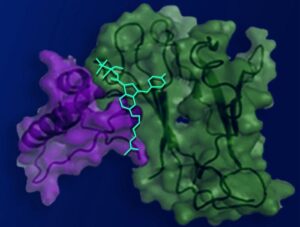“I Want to See 500,000 Patients Benefiting From Medical Cannabis”— Pierre van Weperen, Grow Group, on the UK State of Play
Ahead of European Cannabis Week, Grow Group’s Managing Director, Pierre van Weperen, talks to Cannabis Health about the current state of play, and the future of cannabis-based medicine in the UK. More than 6.4 million people in the UK are currently waiting for treatment on the [...]









